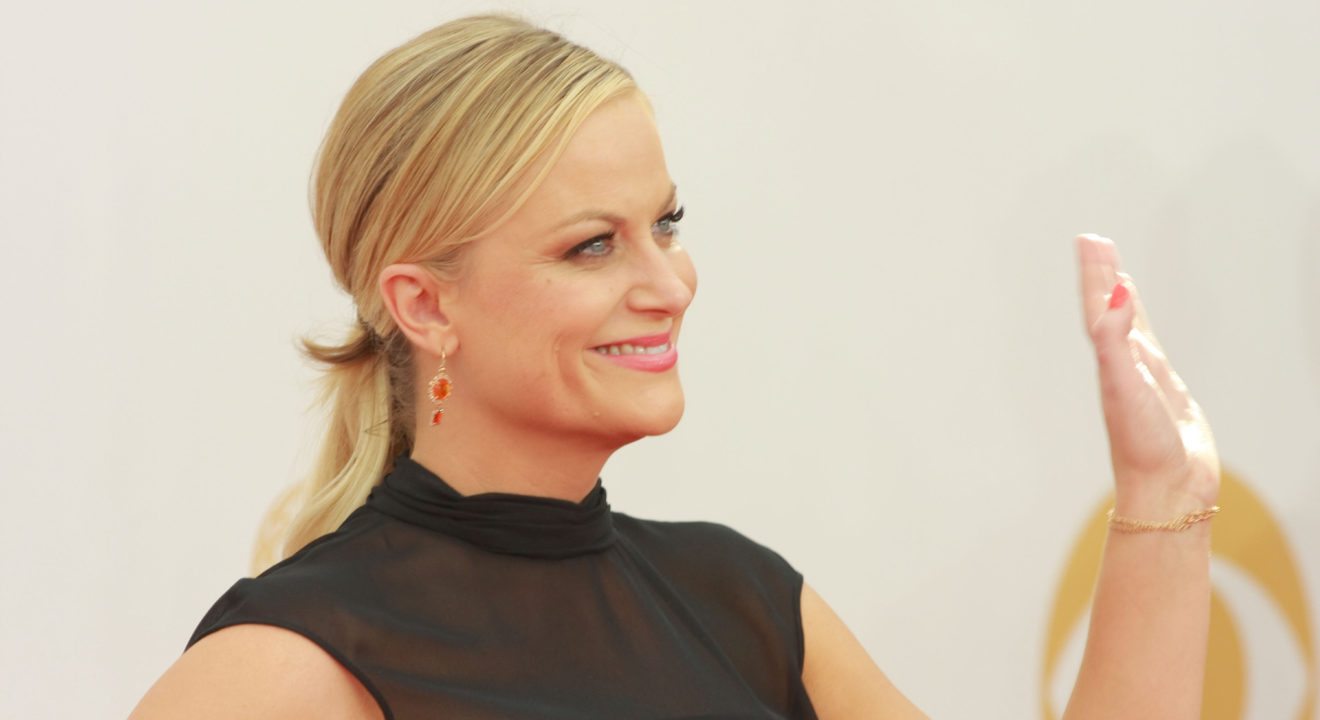Culture October 11, 2016


Amy Schumer, Lena Dunham, Amy Poehler, Tina Fey. Scarlet Johansson, Candice Swanepoel, Megan Fox, Miranda Kerr. How would you describe these famous women? Yes, they are all successful #WomenThatDo – but the first group banks on humor while the second relies more on beauty.
Can a famous woman be hot and hilarious at the same time? A peek at the history of this age-old question suggests that the answer is a big NO. When did this dichotomy between funny and beautiful first appear? Why has it stayed? And how does it shape the future of famous women – not to mention, hot and humorous everyday women like us? Keep reading to find out!
History
As the Daily Dot explains, this hot/humor dichotomy for women is not a modern phenomenon. In 1695, playwright William Congreve wrote, “Perhaps Passions are too powerful in that [female] Sex to let Humour have its course; or maybe by reason of their Natural Coldness, Humour cannot Exert itself to that extravagant Degree, which is [sic] does in the Male Sex.” Apparently, our parents forget to mention that women inherit menstrual cycles instead of senses of humor.
While it might seem easy to laugh off a 17th century quote, Congreve’s sentiment is still alive and kicking today. Just last year, former Disney CEO Michael Eisner said, “The history of the motion picture business, the number of beautiful, really beautiful women – a Lucille Ball – that are funny, is impossible to find.” Of course, he qualified this statement with “Boy, am I going to get in trouble,” which he did indeed if Twitter backlash is any indication.
But those women (from Twitter users to comedians like Nell Scovell and Michele A. Court) willing to argue against this stereotype – that a woman can’t be gifted with beauty and a hilarious brain – haven’t been around enough to force this cliché to take a curtain call.
Possible Reasons Why
You may be asking, “So what if a girl is Helen of Troy reincarnated? Why can’t she be funny?” Plenty of hard research has actually attempted to answer that very question – no joke. The Guardian summarizes several of the (mostly laughable) proposed reasons, including:
Some of the more convincing reasons are based on social factors, like:
However, As Olga Khazan at The Atlantic explores, the dichotomy of humor vs. hot may also emerge through the behavior of men and women. A 2011 study by Intelligence concluded that men seem to make more attempts at humor, causing them to be more successful at making others laugh.
And have you ever heard a guy saying he wants a “funny” girlfriend or wife? Well, his definition of “humor” might differ from yours. Several studies by a variety of psychologists have concluded that a woman typically wants a man who produces humor, while a man wants a woman who enjoys his jokes.
Not to mention if you boast a sense of humor and two X chromosomes, your perceived “hotness” might take a hit. A dating study from 1998 revealed that men rated pretty, unfunny women as more desirable than their equally attractive but funny counterparts. Who knows? Maybe some famously “hot” women have killer senses of humor – but keep jokes up their (fashionable) sleeves to avoid any “funny girl” backlash.
What Does This Mean?
Now, whether you’re a famous woman or just an everyday gal, you probably have one trait in common: a desire for power. Maybe it’s not necessarily a vicious desire to rule the White House like Claire Underwood from “House of Cards,” but you wouldn’t mind a promotion at work or the ability to impact the world in some way. Humor could, in fact, be the secret weapon to gaining power – and the cliché that hot women can’t be funny is limiting women’s success.
The Atlantic points out that humor can be used to network with others, encourage action or simply “lean in.” Not to mention that, as explored by the Daily Dot, the “hot/not funny” stereotype can enable comedy shows or clubs to deny women “a seat at the table.” The ability to incite laughter could result in leadership roles and the power to control the (comedic) social commentary on talk shows that express the (often marginalized) female perspective.
If women can only be hot or humorous, the only viable pathway to power today may be by flashing a hint of leg and holding one’s tongue. It’s true that famous women have risen in power through wit. However, you only need to read a few nasty Tweets – or stats showing that in one typical comedy club, only 20 percent of comedians and eight percent of headliners were female – to realize that women who use humor for power often have it used against them in equal measures.
What does this limitation on humor and power mean for women’s future? Maybe, as psychology postdoc Liana Hone hopes, society can change to value humor in its men and women and let both sexes reap humor’s benefits. Or maybe Nico Lang from the Daily Dot is right when she says that until men stop controlling the definition of comedy, humor will function as a weapon that limits and marginalizes women.
What we know? The bind of choosing to be hot or hilarious doesn’t just haunt and impact famous women; it affects us regular gals just as much. And for #WomenThatDo to be able to do their best, this dichotomy needs to end.